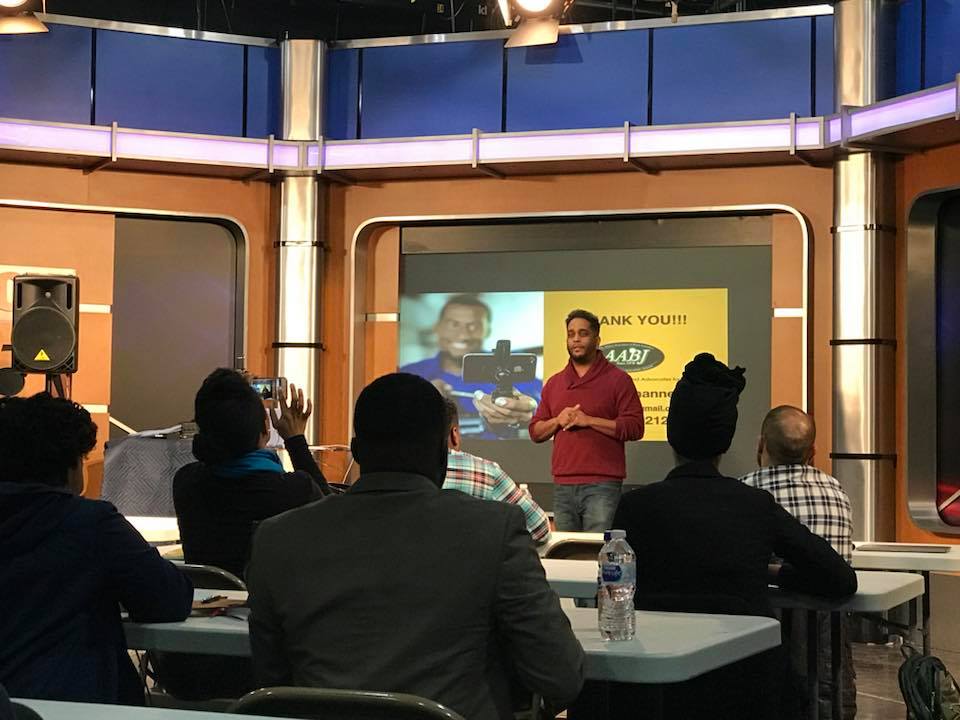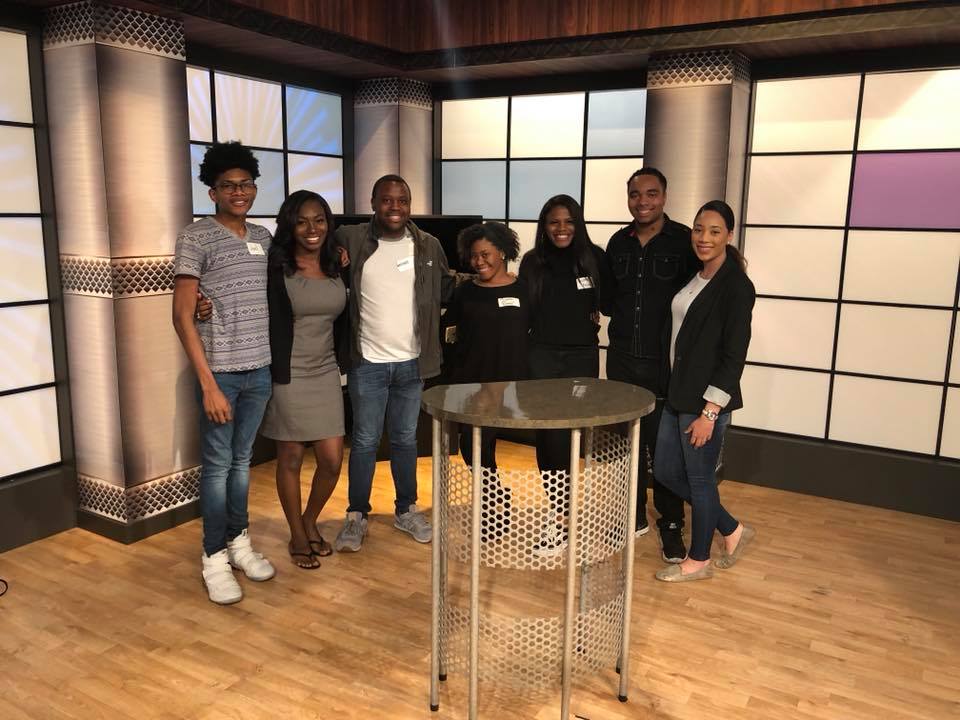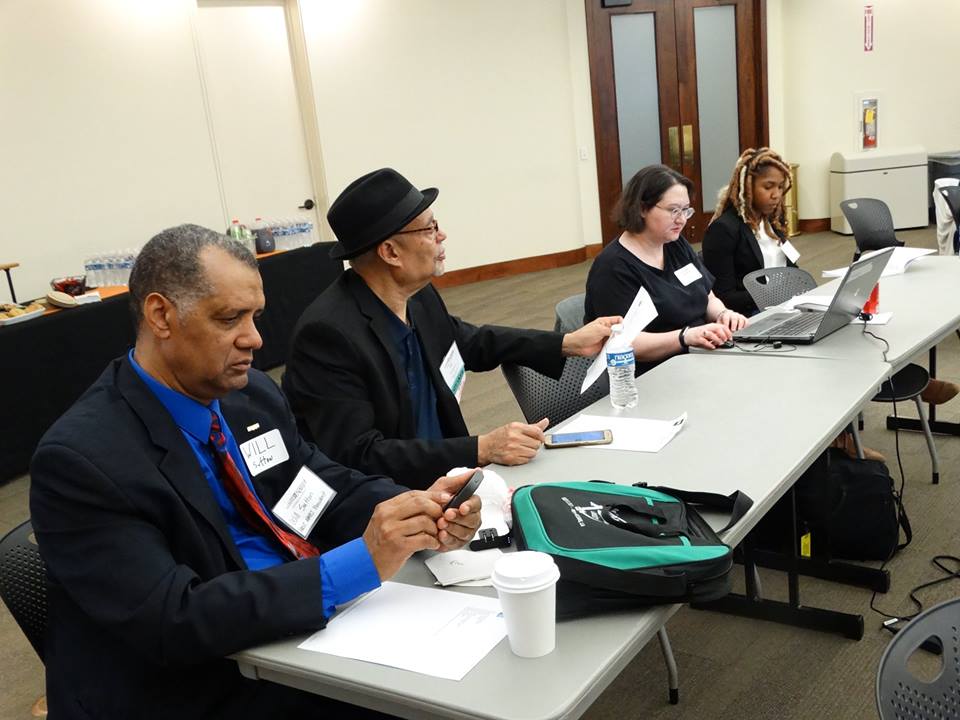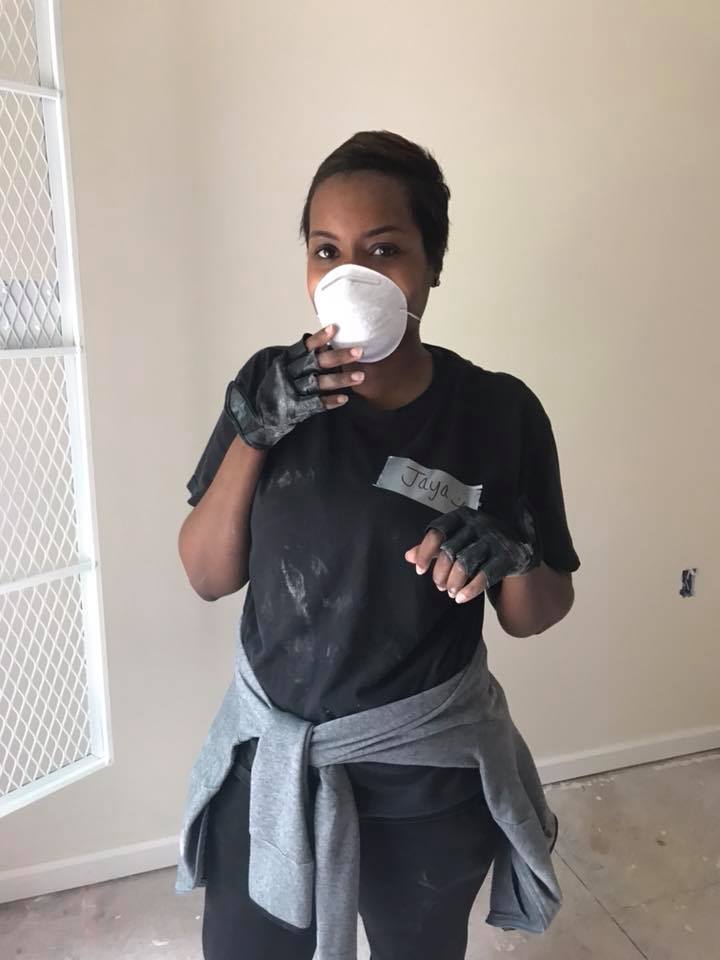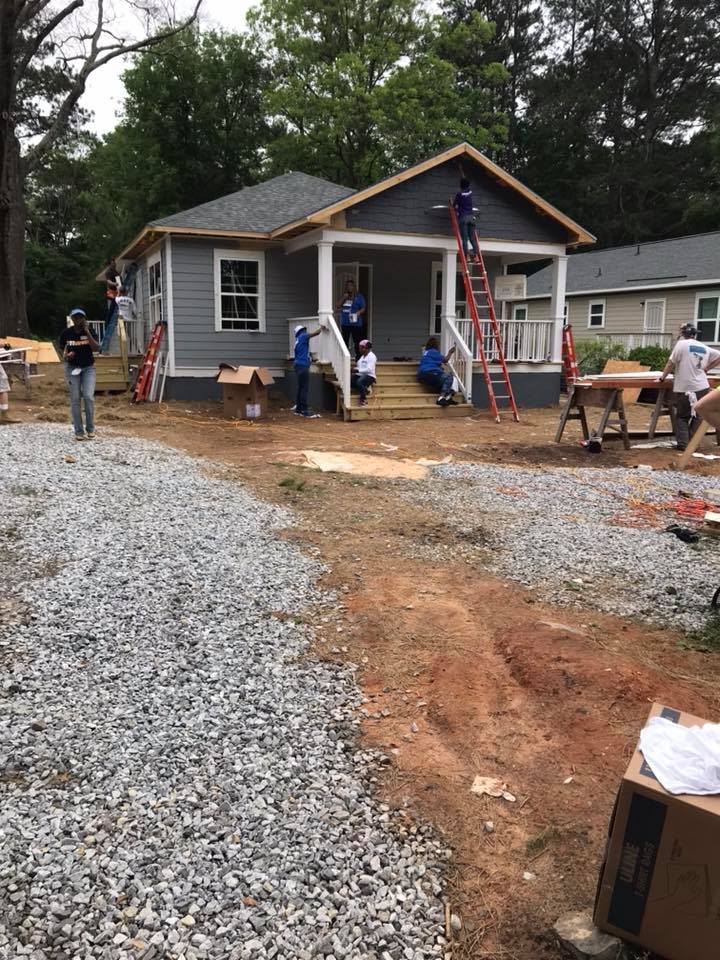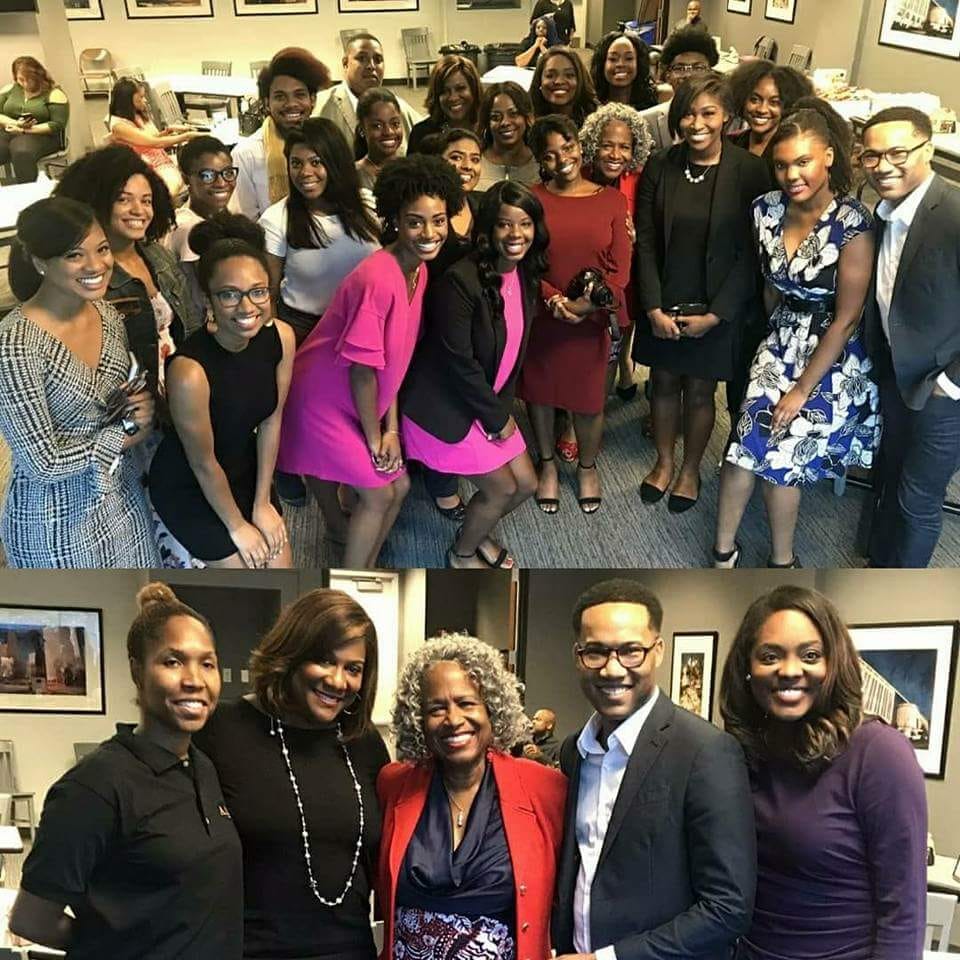
Amir Vera & Shalon Bell, The Byline Editors
Message from the President
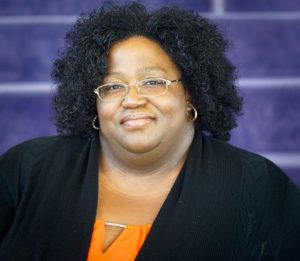
Dear AABJ Members,
I want to take a moment to personally thank each of you for a productive and profitable 2018! It is my pleasure to inform you that in 2018 we were able to bring in nearly 11-thousand dollars in revenue through sponsorships (Georgia Power), events & membership dues. Our partnership with AIB Network provided us with approximately 40-thousand dollars of in-kind services to produce our TV show, In Contact and our documentary, “Black and Reporting: The Struggle Behind the Lens.”
The documentary was by far our most significant accomplishment in 2018. Without the assistance of those who volunteered, especially Tamara Wilson who took on the brunt of the responsibility, it would not have done. We hope the sales will be enough to support our scholarship fund. Details on how you can purchase your copy will be announced soon.
The AABJ board is diligently working on events that will continue to nurture and enhance skills of professional journalists as well as provide mentors to impart wisdom to aspiring journalists. We plan to have more digital centered workshops, and we’re bringing back our most popular event of 2018, the On-Camera Presence featuring some of Atlanta’s top journalists to give some great tips. We will continue our community outreach throughout the year.
I implore each of you to get involved by finding a committee to join or by meeting a student and help them navigate through their career-making decisions. They need us more than they know. Your expertise is necessary for making the next generation of journalists.
If you have any ideas on how AABJ can better serve you, send us an email to aabj.org@gmail.com
Do you need to renew your membership? You can do so anytime at www.aabj.org.
I am honored to serve as your president, and I am expecting great things this year.
We thank you for your continued support.
Regards,
Carol M. Gantt
President, Atlanta Association of Black Journalists
2018-2020 Board Members


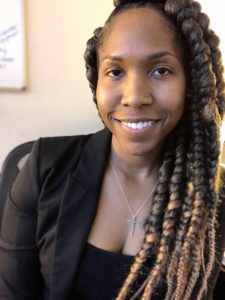



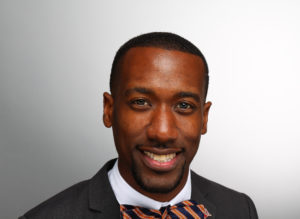
AABJ Online Fundraiser: 43 Years Campaign
AABJ is kicking off our $43 for 43 fundraising campaign. In its 43rd year, we are asking members to donate $43 to go towards programming, scholarships, and events throughout the year. Be sure to invite your friends, coworkers and anyone you know that supports our members in print, communications, public relations, radio, broadcast, digital and the many trailblazers in the literary world. Be sure to share our campaign on your social media by using the hashtag #AABJ43.
You can donate here.
Recap of 2018
Last year was certainly another exciting year for AABJ! Some of the events included hosting the Region III Conference, a workshop on camera presence as well as another on building the brand, and, of course, our scholarship reception where we aired the documentary “Black and Reporting: The Struggle Behind The Lens.”
Check out some of our highlights from the previous year as we prepare for 2019.
Where do we go from here? The Journalism Edition
By: Louis Deas, founder of Assured Hope
We’ve made it to the second month of the year and there’s already been so many newsworthy events. From the rekindled debate over our sacred celebrities and their demons, to the epic fail of Clemson’s fast food feast at the White House, to the more far-reaching, impactful news of the longest government shutdown in American history, there’s been no shortage of exciting and compelling stories to share with our respective audiences. But in the mayhem of modern media we have to stop and ask ourselves an important soul-searching question: What has our role been in pushing and developing these narratives? What will our roles be in the future?

Journalism is one of the cornerstones of our national enterprise and one of the building blocks of American democracy. The architects of the United States Constitution understood the value of the freedom of the press, so they included it among the foremost freedoms to be protected by law. Voices matter, information matters and the ability to get news from trusted sources in a timely, thought-provoking manner matters. This has been the case for more than 150 years and is definitely the case today.
In an age where the press is under attack and public platforms are so widely available, what does the future hold for journalism? Technology’s rapid growth has helped bring the world together and has sped up the dissemination of information. What started as monthly publications and pamphlets grew to become daily newspapers, which for decades were everyone’s chief source of news and information. However, with the advent of the 24-hour news cycle and social media news, gossip and opinions are available almost instantaneously.
For the most part, we appreciate the speed and accessibility of information. It has helped spark some of the great modern movements of our time, like the Arab Spring and Black Lives Matter. And yes, the revolution was televised, tweeted, posted, blogged and live streamed. But, in the same breath it has helped perpetuate fake news, mindless memes and given major platforms to the less-than-ideal citizens of the world who don’t promote the greater good. In light of these facts, it begs the question: What are we — the standard bearers for this sacred institution — to do in an ever-growing, vastly overcrowded forum of professional and citizen journalists? In 2019, everyone with a voice and an idea has a platform that can potentially reach millions. How do we maintain the standard for our craft and remain relevant? What can we expect of future media? How can we make space for the casual and committed journalist alike?
Only time will tell. But, in the end, rest assured that the world will be looking for us to help paint an accurate picture of life as it is and holding those in power accountable so we can enjoy the freedoms promised to us.
Legacy Corner: Meet the AABJ Godfather, Stan Washington
By: Breanna Durham
Stan Washington thought he’d be an illustrator or filmmaker at one point. He said he was more of a natural artist than a writer. At the beginning of his career, Washington’s main interest was in film.

Journalism ultimately captured his heart, though. In fact, it would lead to an award-winning career in Atlanta spanning more than three decades.
Washington has worked a variety of roles throughout his career. He was the editor for The Atlanta Voice three times and is still a senior writer. He also worked nine-years at Clark Atlanta University’s public radio station, WCLK-FM, and served as a general assignment reporter for WAOK-AM and V-103 in Atlanta. In addition, Washington has worked in public relations, served as a professor at Clark Atlanta University and authored blogs.
Stan Washington first came to be a part of the National Association of Black Journalists (NABJ) as a student at Clark Atlanta University. Washington interned with The Atlanta Voice in the summer of his freshman year. From there, he worked intensely in news-related activities on campus, working as the assistant editor of the university newspaper, The Panther, during his freshman year, then as a reporter/anchor for WCLK-FM and finally as a student news director for the station in his senior year. This work caught the eye of an instructor of his, who invited him to a meeting that led to Washington’s role in the founding of the Atlanta Association of Black Journalists (AABJ), where he would later serve as chapter president for two terms and as the founder of The Byline newsletter.
Washington said his greatest accomplishment has been as a mentor at Clark Atlanta, paving the way for the next generation like it was paved for him. Sometimes, he said he sees his students at the NABJ conferences and they tell him stories of when he mentored them. Some of the stories, Washington said, he doesn’t even remember. But, he said it gives him a sense of pride knowing that he made a difference.
“I got awards, but I don’t think about those,” he said. “The impact that I’ve made gives me more satisfaction than anything else.”
One of the tips Washington had for the next generation was approaching a career with dedication, advocacy and consideration. He said to succeed, people have to promote themselves and do the homework. Nowadays, the opportunity is there. Washington said it’s more affordable to be an entrepreneur now and people can more easily get past gatekeepers thanks to the internet.
“We have to conduct ourselves as a small, one-person business,” he said.
In regards to AABJ, or any relationship for that matter, Washington said that investing in it makes it work.
“Relationships are a two-way street. Put something in it to get something out of it,” he said. “If you get involved and network, you will reap the benefits.”
Over the years, Washington has maintained his relevance in the media landscape and continued to find success. He said he aims to write articles that create intelligent discussion for his audience and informs them about things they need to know. Washington attributes paying attention to his audience as the source of his ability to stay in media.
“If you think about the reader or viewer, you’ll never go out of style,” he said.”You’ll be around this bad boy for awhile.”
Education in Black Cinema
By: Ashlea Brown
Movies have always been an important part of culture and how they depict people of color have long driven conversations about race. We need films to chronicle the African-American experience so portraits of black life can be shared and represented in a positive light despite the many hardships black people have faced. Many films highlighting black life throughout history deal with black achievement as they highlight black radicals who voiced the equality for black people. Others share horrid incidents that black people have encountered in the past and present. These films enlighten viewers to think critically about how far black people have come and the legacies many black leaders have left to continue fighting for greater change.
Now that Black History Month is upon us, here are 10 films (in no specific order) about monumental moments in history that have influenced conversations about change in America.
Malcolm X (1992): This biopic of the historical black activist Malcolm X shares the story of how he made an impact on the black community and the Nation of Islam with his radical views of black liberation.
4 Little Girls (1997): This Spike Lee joint — and arguably his best documentary — offers interviews and insight on how four Ku Klux Klan members bombed and killed four young black girls who were attending Sunday school at 16th Street Baptist Church in Birmingham, Alabama, in 1963. The film highlights the conviction of Robert Chambliss, the main person responsible for the bombing.
The Black Power Mixtape 1967-1975 (2011): Swedish journalists share a compelling documentary of moments within the Black Power Movement. The documentary highlights prominent figures such as Angela Davis, Stokley Carmichael and Eldridge Cleaver.
Fruitvale Station (2013): Ryan Coogler shares the true story of Oakland, California, native Oscar Grant who was shot and killed by police on New Year’s Day 2009.
Selma (2014): Ava DuVernay was nominated for an Academy Award for Best Picture along with a Golden Globe nomination for Best Director for her film about the true events that led up to the 1965 Voting Rights Acts when Dr. Martin Luther King Jr. and others led a march from Selma to Montgomery, Alabama.
The Birth of a Nation (2016): First-time director Nate Parker recounts the story of the enslaved Baptist preacher, Nat Turner, who led the 1831 slave rebellion in Southampton County, Virginia.
13th (2016): Ava DuVernay shares a compelling documentary that explores the racial history of inequality and imprisonment of people of color.
I Am Not Your Negro (2016): Based on the unfinished book by James Baldwin, “Remember This House,” the documentary examines the lives and assassinations of Martin Luther King Jr., Medgar Evers and Malcolm X.
BlacKkKlansman (2018): Spike Lee brings to life the story of Ron Stallworth, the first African-American detective to serve on the Colorado Springs Police Department. This film explores how Stallworth infiltrates and exposes the Ku Klux Klan.
The Best of Enemies (2019): An unexpected friendship is formed between Civil Rights activist, Ann Atwater, and local Ku Klux Klan leader, C.P. Ellis, who were not fond of each other at first. They come together to co-chair a community summit for the desegregation of schools in Durham, North Carolina , in 1971. This film is set to premiere in theaters on April 5, 2019.
Ashlea Brown is a student at Spelman College.
Member Spotlight: Quyana Barrow, VP of Broadcast

I’ve been a member of AABJ since 2017. I joined in service to my position as communications and community development manager for the AIB Network. I was responsible for coordinating the production schedule and facilitating post production for AABJ Presents in Contact. I quickly became enamored with the organization and their commitment to creating opportunities for generations of professionals. I became a member of the Board in 2018 as the Vice President of Broadcast. I was born in Atlanta. I grew up in College Park. I attended the University of North Carolina at Chapel Hill. I got my master’s at Georgia State University.
Here’s some things to know about Quyana:
What is your current position in AABJ?
VP of Broadcast
How long have you been a member of AABJ?
Two years
Where did you attend college?
UNC Chapel Hill
How long have you lived in Atlanta?
25+ years
What is your current occupation?
Communications and Community Development Manager for the AIB Network
What do you like most about being a member of AABJ?
The family atmosphere and camaraderie. I attended my first conference last year and even though it was my first time, it felt like a family reunion.
What initially got you interested in the media/communications field?
I grew up watching the news and politics with my parents and learning to some extent the ways of the world and how what happens locally can have a broader effect.
What are your favorite publications/outlets to get your news?
Is there anyone in media you look up to? Why?
Shane Smith, founder of VICE because he grew a magazine into a brand built on bringing attention to marginalized populations like refugees and stories that affect us all like climate change with curiosity, compassion and journalistic integrity.
What’s an interesting fact you about you people wouldn’t have otherwise known?
I studied abroad in Costa Rica. I’d encourage everyone to study abroad and seek fellowships that can help broaden their perspectives and deepen their cultural understanding.


